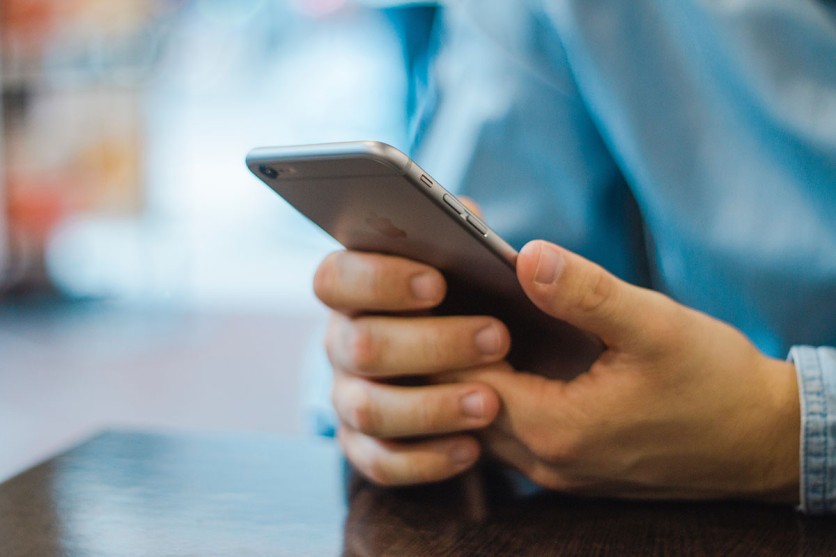
Your old phone number may be exposed to privacy and, security risks, and worst, hacking after mobile carriers recycle it, research reveals.
Mobile carriers recycle phone numbers to avoid the expected "exhaustion" of the latter in the future. It is wherein all the possible combinations of digits is taken.
According to the Wall Street Journal, almost 37 million phone numbers get recycled every year. A whopping amount, therefore, is exposed to vulnerability.
Phone Number Potential Exploitation
Number recycling, unintentionally, unmasks the information of old customers to new ones. And in the worst-case scenario, it could potentially be used for exploitive activities such as account hijacking or simply hacking, the study by Princeton University claimed.
Moreover, the recycling of phone numbers has been shrugged off in a comical sense by many. In most cases, it annoys the new owner of the number as messages, meant for the former owner, are wrongly sent to them.
But when personal information is exposed, it gets daunting.
In the Princeton study, a user of a recycled number was "bombarded with texts containing blood test results and spa appointment reservations." Funny as some may find, in a deeper sense, this personal information shouldn't be at the hands of others.
Alarmingly, our phone numbers are associated with our online accounts. And some may even find themselves using it for two-factor authentication as an added security. Therefore, the new owners could easily access your social media accounts, emails, and even e-commerce accounts.
Aside from phone numbers and personal information sent wrongly, hackers could also pair information from data breaches, like when a hacker, on April 4, published about 500 million phone numbers and information from Facebook for free in a forum. Some are even selling information from hacking similar to this. It, consequently, could lead to a successful account takeover.
How to Avoid Potential Vulnerability
The research, furthermore, says that the opportunity for hackers to take over your account is substantial.
In addition, it notes that 66 percent of the recycled numbers are still connected to the accounts of its former owners. It means that the number is vulnerable to at least one to three attacks.
The research suggested users keep their phone numbers when switching carriers.
In fact, number portability "allows active subscribers to switch to a competitor while retaining their original number for little to no cost," the study says.
The study also raises the idea of parking numbers before deactivating. "Subscribers can park their number at a dedicated parking service (e.g., NumberBarn offers low-cost monthly number parking)," it suggests. It will allow users to unpair their numbers from all of their accounts. Though, this might sound tedious.
Moreover, the researchers also reached out to carriers to create further awareness on number recycling. Both Verizon and T-Mobile, in response, improved their documentation, but have yet to ultimately stop the possibility of the attacks from happening.
Related Article: Over 100,000 Medical Data Records Could be Dangerously Exposed
This article is owned by Tech Times
Written by Teejay Boris
ⓒ 2025 TECHTIMES.com All rights reserved. Do not reproduce without permission.




